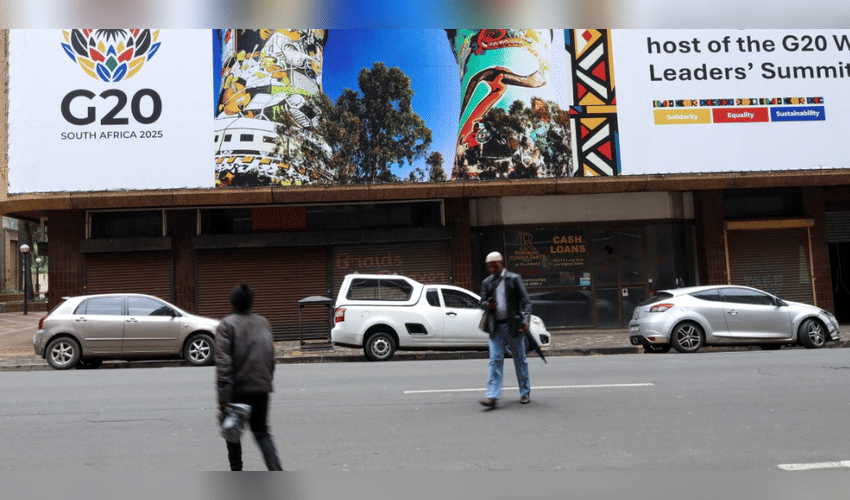World
Trump's absence at the G20 summit presents a chance for the South African hosts.
Published On Wed, 19 Nov 2025
Fatima Hasan
1 Views

Donald Trumps absence from the G20 summit provides South African hosts with an opportunity to shape the agenda for global leaders, despite the US presidents opposition to multilateral diplomacy. Washington announced it would not attend the first G20 meeting on African soil, citing allegations that South Africa, once governed by a white-minority apartheid regime until 1994, now mistreats white citizens. Trump has also dismissed the host nations proposed agenda for the November 22–23 summit, which focuses on promoting solidarity, helping developing countries adapt to worsening climate disasters, transitioning to clean energy, and reducing unsustainable debt.
While a summit without the world’s most powerful nation may not produce groundbreaking agreements, the first African G20 offers a platform to showcase the continent’s fast-growing economies, mineral wealth, and youthful population. South African President Cyril Ramaphosa is scheduled to symbolically hand over the G20 to the next host — the US — at the summit’s conclusion. “I don’t want to hand over to an empty chair, but the empty chair will be there,” he said, adding that he would symbolically address the empty chair as if speaking to Trump.
South Africa’s agenda includes preparing for climate-related disasters, sustainable debt solutions for low-income nations, financing energy transitions, and ensuring the benefits of the mineral rush reach producers. Other leaders are also absent: Argentine President Javier Milei is skipping it on ideological grounds, Vladimir Putin will not attend due to an ICC arrest warrant over Ukraine, and China is sending Premier Li Qiang in place of President Xi Jinping. Chris Vandome of Chatham House noted that the US withdrawal allows other countries, particularly Europe and China, to fill the leadership void. Piet Croucamp, a South African political studies professor, added that a disruptive US presence might have overshadowed the summit, making Trump’s absence potentially beneficial.
The summit allows leaders to make a strong impression, particularly those prioritizing Africa. French President Emmanuel Macron plans to discuss energy transition, launch a Franco-South African business council, and honor French contributions to the anti-apartheid struggle. Other countries see opportunities to strengthen bilateral relations, negotiate trade deals, and form partnerships on the sidelines. South Africa’s goal of highlighting the continent, supported by the African Union delegation, opens the door for fairer management of Africa’s mineral resources and addressing the needs of 600 million Africans lacking electricity.
The summit is likely to frustrate leaders still committed to traditional multilateralism, which Trump has long opposed through foreign aid cuts, unilateral tariffs, and skepticism of global climate initiatives. Even before his presidency, tensions among G20 members have made meaningful agreements difficult, particularly on sharing the responsibility for climate action among major polluters. The US had indicated it would veto references to climate change. Veteran journalist Steven Friedman observed that while South Africa hoped to reinforce multilateralism, the current global climate makes that goal increasingly difficult.
Disclaimer: This image is taken from Reuters.



